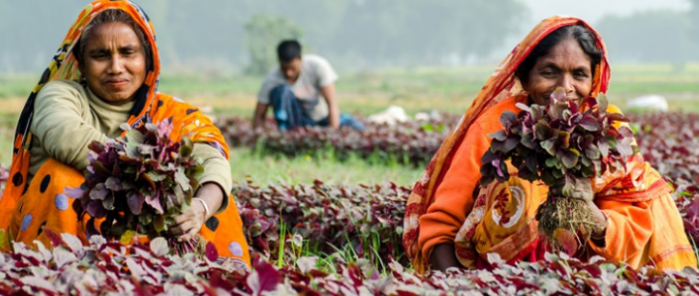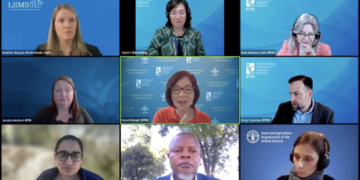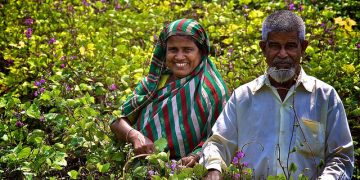Women’s empowerment is the goal of many development projects, but these intentions do not always achieve the desired results. Whether for research, policy-making or program development, the Reach-Benefit-Empower-Transform framework provides a way to better approach these development objectives, with an eye toward appropriately using indicators, determining goals and measuring impact.


